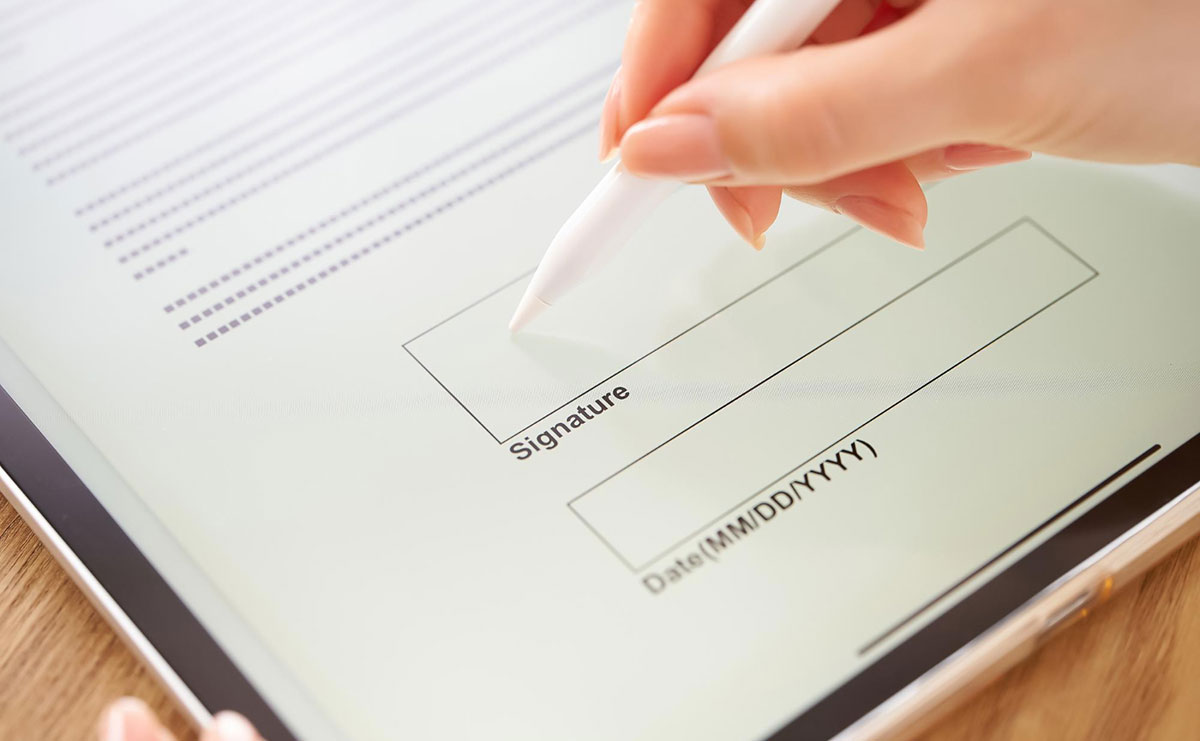Voir dire
“Voir dire” is a legal term that originates from French and translates to “to see to speak” in English. It refers to the process of questioning potential jurors to determine their suitability for serving on a jury in a legal case. The purpose of voir dire is to ensure that the selected jurors are impartial and can fairly weigh the evidence presented during the trial.
During voir dire, attorneys from both sides, as well as the judge, have the opportunity to question prospective jurors about their backgrounds, beliefs, biases, and any potential conflicts of interest. The goal is to identify individuals who may have preconceived notions, prejudices, or other factors that could affect their ability to be fair and impartial in the case at hand.
The voir dire process promotes transparency in the legal system by allowing both the prosecution and defense to participate in the selection of jurors, providing an opportunity to identify and address any concerns about potential bias.
The process of voir dire varies in different legal systems and jurisdictions, and the specific questions asked during voir dire may depend on the nature of the case. The attorneys may use their peremptory challenges or challenges for cause to exclude certain individuals from serving on the jury based on their responses during voir dire.
Conducting a thorough voir dire process can help prevent issues related to biased jurors, which could be used as grounds for an appeal. By carefully screening potential jurors, the legal system aims to reduce the likelihood of successful appeals based on claims of an unfair trial.



